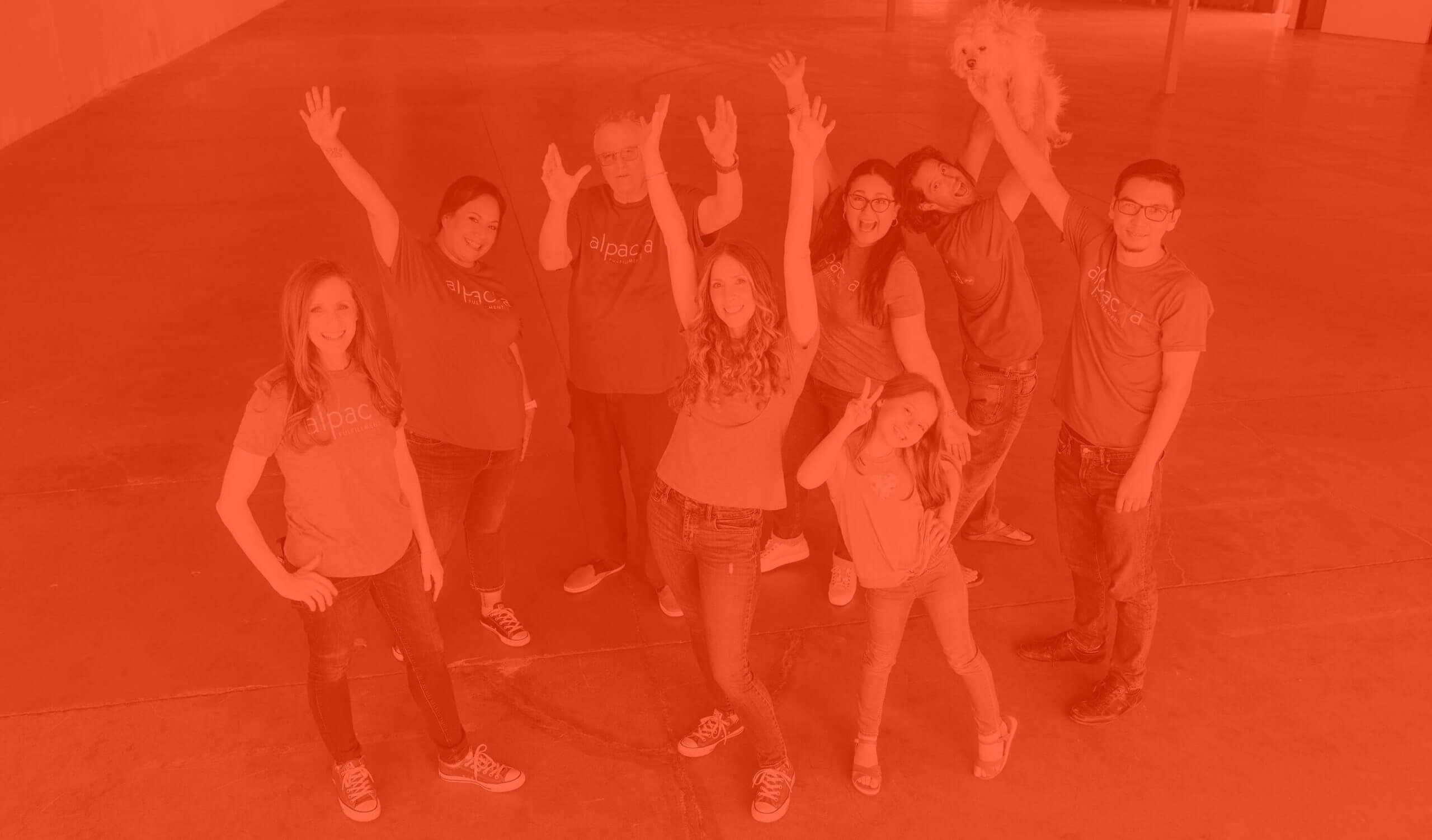Business to business (B2B) and business to consumer (B2C) order fulfillment requires distinct approaches and operations. Every order, whether for a business or consumer, must be geared towards building brand loyalty.
When choosing a 3PL to meet your business’s needs, there are some key differences between B2B and B2C order fulfillment that you should be aware of. Read on to find out more about what they are!
Understanding Order Fulfillment for the B2B Market
B2B order fulfillment involves merchandise being shipped directly to businesses and retailers. These orders tend to be large, with the items meant to be resold for use by the end consumer. Therefore, the priority for B2B customers is to ensure that they have adequate inventory for distribution. It is a common practice for retailers to place a bulk order in advance, minimizing the number of orders that must be made each season.
B2B Market: Priorities and Concerns
While accuracy is a necessity for all order fulfillments, you should pay particular care to B2B-based ones. Retailers need to comply with product restrictions, parcel labels, tax rules, SKU codes, or invoicing, and losing a valuable B2B client can mean losing out on a significant percentage of your company’s revenue. In 2021, the volume of B2B online sales in the United States increased by 17.3%. With an increasing number of opportunities opening up in this direction, you cannot afford to lose clients at this critical stage.
Since B2B orders tend to be larger than B2C order fulfillments, shipments will usually cost more and come with extended arrival lead times. To this purpose, it becomes essential to work closely with your carrier. This is especially true if you will be shipping merchandise over long distances, such as through air and sea freight or through international borders. If a shipment gets rejected or sent back, you can end up incurring an additional cost to send them again, which can eat into your company’s revenue.
Engaging A 3PL to Fulfil Your B2B Fulfilment Needs
When choosing a 3PL for B2B orders, two factors you should always look out for are speed and dependability. The impression a retailer makes on its customers rests in the hands of the 3PL they engage. Any delays from the 3PL can hurt the reputation of retailers that depend on them, as well as potentially incur refund losses and penalty fees.
Understanding Order Fulfillment for the B2C Market
B2C orders go directly to end consumers, who purchase products for their personal use. Their standard order value is typically much lower than B2B orders, and comes with minimal complexity. This is because B2C orders are not subject to as many regulations as B2B ones. On top of that, products are typically priced in a way that displays a uniform amount for every customer, with the exception being promotional or seasonal events. Payment processing for B2C orders also tends to be streamlined since the digital checkout process has been simplified to speed up transactions.
B2C Market: Priorities and Concerns
For the majority of B2C customers, you will be fulfilling one-off transactions with individual users. The barrier to entry is low since these customers will often make direct purchases from your company website, an e-commerce marketplace or even through social media.
Whether you outsource your B2C orders to a 3PL or choose to handle it yourself, this process involves making sure that each order is delivered on time on top of being free from damage. You will also need to ascertain that each delivery is accompanied with the appropriate documentation, especially when it comes to restricted groups and cross-border deliveries.
- Packaging
One area you may want to pay more attention to with B2C orders is packaging. Almost three out of four Americans agree that the way a product is packaged can influence their decision to make a purchase. Here, it can be really a case of judging a book by its cover, and you will need to deliver if you wish to retain your customers and build brand loyalty.
As a brand, you may also not be new to the trend of unboxing videos. When done right, it can even be a form of organic marketing for your brand – one you don’t have to pay for. Leaving a good first impression through your choice of packaging is a simple yet effective way of bringing in a whole new base of customers.
- Returns & Refunds
Refunds and returns will also need to be handled efficiently, giving customers no cause for complaint. One statistic that may surprise you is that in 2021, online purchases saw an average return rate of almost 21%. While the rising trend of “trying before buying” can be partly attributed to COVID-19, it reflects a new way of shopping for many customers. It’s crucial for brands to make the returns process as convenient as possible when it comes to providing an excellent customer experience.
Engaging A 3PL to Fulfil Your B2B Fulfilment Needs
Teaming up with a reputable 3PL such as Alpacka will enhance your company’s capacity to ship merchandise to consumers in a timely manner. Expedited shipments could be the factor that separates you from others who provide a similar service and give you a competitive edge.
Want to chat about your company’s needs and learn more about what we can do for you? Let’s schedule some time!
Hope to speak soon,
Al

